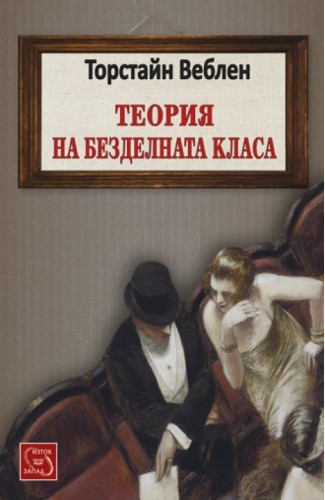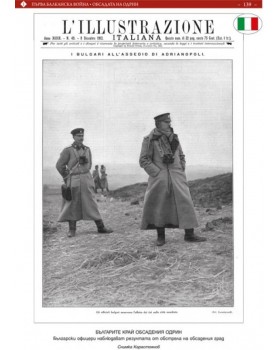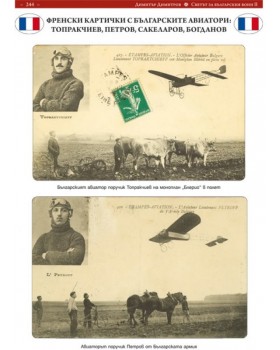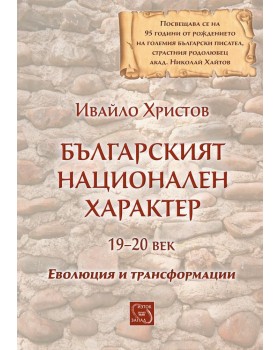The Theory of the Leisure Class: An Economic Study of Institutions
-

- Author: Thorstein Veblen
- Year: 17-03-2016
- Availability: Out Of Stock
- Product Code: 1650-01
- SKU: 19.0203
- ISBN: 978-619-152-811-0
 |
Delivery To BOX NOW machine - 1,66 € / 3,24 BGN At an office of Econt - 2,05 € / 4,00 BGN At personal address of Econt - 3,07 € / 6,00 BGN |
 |
Order by phone Call us at 0888 465 635 to order by phone |
The Theory of the Leisure Class: An Economic Study of Institutions (1899), by Thorstein Veblen, is a treatise on economics and a detailed, social critique of conspicuous consumption, as a function of social class and of consumerism, derived from the social stratification of people and the division of labour, which are the social institutions of the feudal period (9th – 15th centuries) that have continued to the modern era. Conducted in the late 19th century, Veblen’s socio-economic analyses of the emergent division of labour proved to be accurate, sociological predictions of the economic structure of an industrial society.
The institution of a leisure class is found in its best development at the higher stages of the barbarian culture; as, for instance, in feudal Europe or feudal Japan. In such communities the distinction between classes is very rigorously observed; and the feature of most striking economic significance in these class differences is the distinction maintained between the employments proper to the several classes. The upper classes are by custom exempt or excluded from industrial occupations, and are reserved for certain employments to which a degree of honour attaches. Chief among the honourable employments in any feudal community is warfare; and priestly service is commonly second to warfare.
If the barbarian community is not notably warlike, the priestly office may take the precedence, with that of the warrior second. But the rule holds with but slight exceptions that, whether warriors or priests, the upper classes are exempt from industrial employments, and this exemption is the economic expression of their superior rank. Brahmin India affords a fair illustration of the industrial exemption of both these classes. In the communities belonging to the higher barbarian culture, there is a considerable differentiation of sub-classes within what may be comprehensively called the leisure class; and there is a corresponding differentiation of employments between these sub-classes. The leisure class as a whole comprises the noble and the priestly classes, together with much of their retinue. The occupations of the class are correspondingly diversified, but they have the common economic characteristic of being non-industrial. These non-industrial upper-class occupations may be roughly comprised under government, warfare, religious observances, and sports.
About the Author
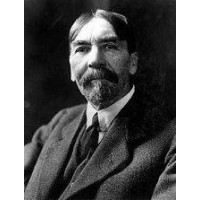
Thorstein Veblen
Recently Viewed
Tags: Culturology, Sociology
| Specification | |
| Year | 17-03-2016 |
| Translation | from English: Rossen Lytskanov |
| Pages | 312 |
| Size | 140/215 мм |
| Weight | 0.45 kg |
| Cover Type | Paperback |
| Genre | Culturology, Sociology |

